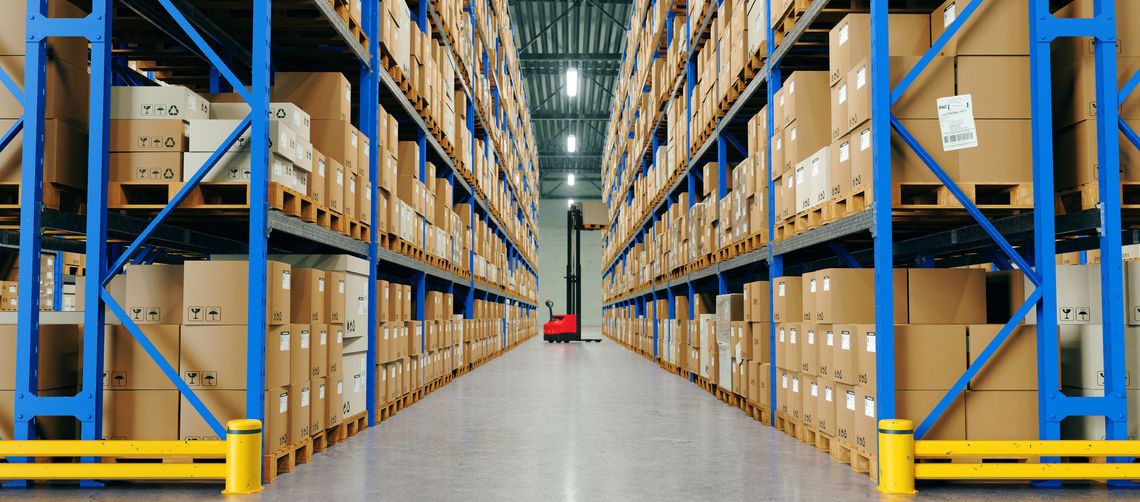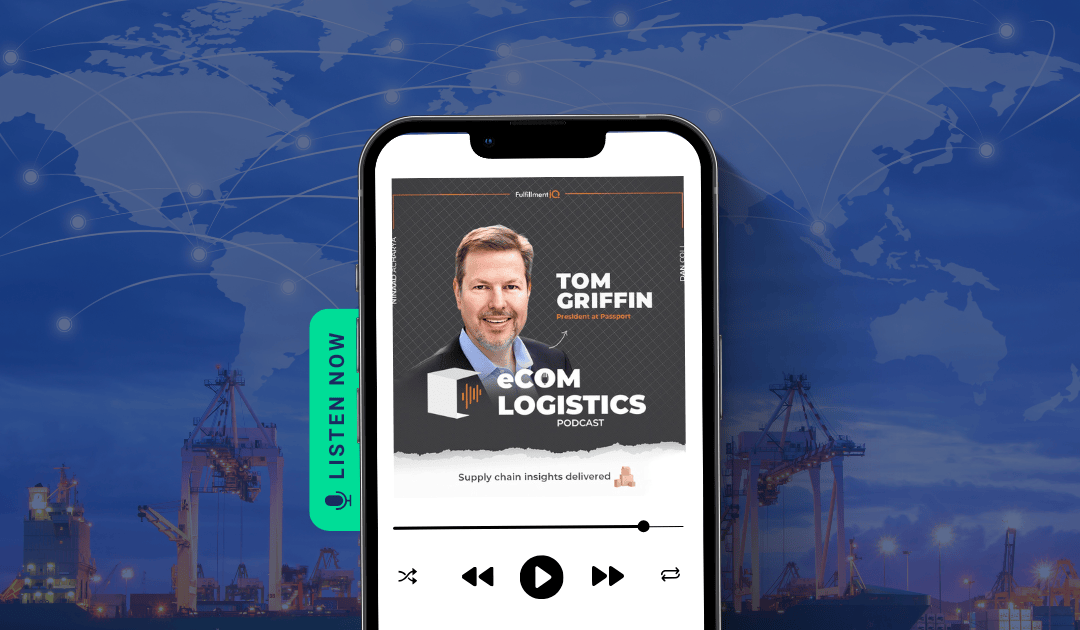Guest blog post from DCL Logistics
Choosing Between a 3PL vs In-house Fulfillment — Which is Best for Your Brand?
Is it better to keep fulfillment in-house or outsource to a fulfillment provider? This is one of the biggest questions every ecommerce brand asks. While the decision is different for each business, there are some key signifiers that can help you make the right decision.
Self-fulfillment is typically something companies do when they are very small and very large. For startups, the costs to outsource fulfillment may be bigger than the monthly average order volume. On the other end of the growth cycle spectrum, once a brand is large enough to own and manage its own supply chain, it might find it more cost-effective to open its own warehouses and hire its own fulfillment staff.
For brands who fall anywhere in the middle, hiring a 3PL, or third-party logistics provider, is usually the most cost-effective way to get products fulfilled and sent to customers correctly and on time.
What is Self-Fulfillment?
When an ecommerce brand decides to do all the fulfillment on its own, this is known as self-fulfillment or in-house fulfillment.
In-house fulfillment has its benefits and its drawbacks. By managing fulfillment in-house, a brand can control how its products are packaged. But if your team is spending all their time on shipping and product packaging, there may not be much left for iterating on the product or improving customer service.
What Services Does a 3PL Provide?
Outsourcing fulfillment means hiring a 3PL—at a basic level, they will provide inventory management, storage, picking, packing, and shipping. Not all fulfillment providers offer the same services, making it difficult to know when to outsource and which provider to choose.
Here are a few common services a third-party logistics provider should have:
Inventory Management, Warehousing, and Product Storage
One of the core competencies of a 3PL is the storage of your products. They provide the warehouse, staff, and operations to manage your inventory. This includes any lot control, serial scanning, or splitting inventory between multiple warehouses to ensure fast, cheap shipping to B2C customers.
Look for a provider who has robust warehouse technology, user-friendly fulfillment software, and great analytics. With the right tools, your business will run smoothly, and you can make informed decisions about your growth.
Shipping Optimization and Shipping Discounts
A reputable 3PL will have great relationships with many of the major shipping carriers. They will probably also be able to provide shipping discounts for some of the major services because of bulk discount deals they make with the carriers.
Understanding shipping costs can be overwhelming if you’re a growing ecommerce brand. You’ll want to offer your customers a variety of shipping options, but not so many that it becomes overwhelming. A good 3PL will have experts to help you look at your shipping mix and overall transportation fees to optimize for lower costs and more efficient delivery times.
Specialty Fulfillment and Value-Added Services
If you’re a high-growth ecommerce brand, you’ll need an omnichannel approach to your fulfillment and a 3PL who can support that.
Not all third-party logistics providers offer the same services. It might take time to find a 3PL who can support your specific sales channel mix. Here are some of the specialty fulfillment services you may need:
-
Amazon and Marketplace Support: Vendor or Seller Central? FMB or FBA? MCF? Amazon has many fulfillment services and often very strict requirements that can be hard to meet if you’re managing a growing business. A competent 3PL can take over managing this for you, just be sure to ask which marketplaces they have experience with (there are many regional ones that might fit your needs better than Amazon!).
-
B2B or Retail Fulfillment: There aren’t many 3PLs who do consumer fulfillment and retail fulfillment well. Yet many brands need both. Retail fulfillment requires technology tools that integrate with each store separately. It’s a difficult type of fulfillment to get right, so make sure your prospective 3PL has the experience.
-
Value-Added Services: If you outsource to a 3PL you are ultimately trusting them with your customer’s satisfaction. Fulfillment should include customization, which is called value-added services. These may include special kitting, or gift messages, managing a subscription service, bundling products together, or working with custom packaging and eco-friendly materials.
Benefits of Outsourcing Fulfillment
If you’re still unsure about who should run your fulfillment, here are some of the main benefits of outsourcing fulfillment to a 3PL.
- Optimize operational costs. It’s likely that you’ll spend less on overall operational costs if you outsource fulfillment. This includes storage fees, warehouse technology, labor, and more. Your 3PL is already storing and managing inventory for other brands, so they can charge you a lower rate.
- Get more time for your business. If you spend all day worried about shipping labels and answering questions about returns, you’re never going to grow your business. By outsourcing fulfillment you’re gaining the time to spend on growing your team, marketing your product, and growing your brand.
- Manage seasonal ebbs and flows. A 3PL will help absorb some of the hard work it takes to stay steady in a business that is so seasonal. It takes great efficiency to staff for product launches and the holiday rush but then pairs down for slower months.
If you’re interviewing potential 3PLs, you might feel overwhelmed by how to assess them. You’ll want to make sure their warehouse is optimized for efficient performance, and that they will answer your many questions with the urgency that you need. Ultimately a 3PL is an extension of your brand, so choosing one that fits your business in terms of values and services is the most important thing to consider.
About DCL Logistics
Founded in 1982, DCL Logistics supports high-growth brands by offering turnkey fulfillment and logistics services. We focus on customer service, quality, and technology to ensure we provide our clients with a hassle-free logistics experience.




